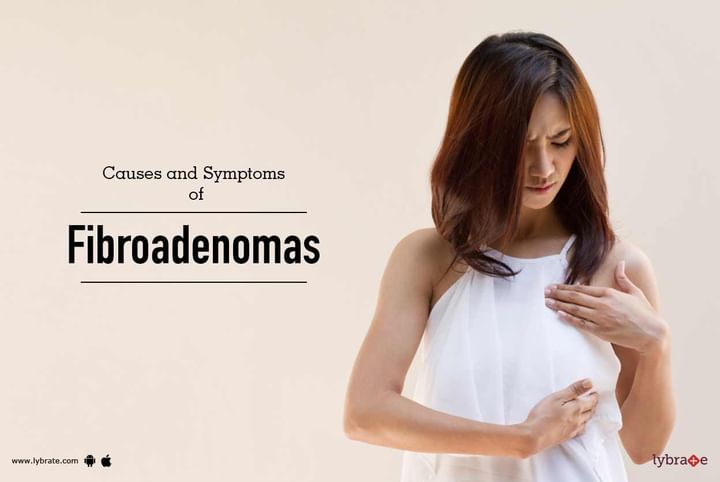Causes and Symptoms of Fibroadenomas
Fibroadenomas are benign non carcinogenic tumors that occur in the breasts of women. Although the condition may affect females of any age; spanning from pubescent girls to middle aged ladies, yet it is most commonly diagnosed in young women below 30 years of age. Fibroadenomas can be described as a stiff, smooth, supple marble under the skin of your breasts, which move when touched. These tumors which occur in varied sizes, may shrink or expand with time. Diagnosing through biopsies and treatment by surgeries are commonly employed for such a condition.
Types of Fibroadenomas
Fibroadenomas are of two types: simple fibroadenomas and complex fibroadenomas. The simple tumors are usually harmless and almost look the same under the lens of a microscope. On the other hand, the complex tumors are comprised of macro cysts (large fluid-filled sacs) and calcifications (deposits of calcium) which can slightly increase the chance of breast cancer.
What is the primary cause of Fibroadenomas?
Doctors aren't able to pinpoint the chief cause of fibroadenomas, but they have reasons to believe that the condition may pertain to the reproductive hormones. The condition may occur during pregnancy or during the use of hormone therapy, owing to which, the tumors may increase in size. The tumors are usually seen to shrink postmenopause, when the hormone levels start to dwindle. You can also take the package for Living Healthy - Woman.
Fibroadenomas are apparent and you may be able to detect them even without a doctor. The marble like tumor within your breasts are usually:
- Painless
- Firm
- Rubbery and elastic
- Easily movable
These tumors can range from being too small to as big as 3 inches or more in diameter. These lumps, which are usually harmless may be a cause of concern if they start to grow or change. Consulting a doctor is duly advised in such cases.
Risks: Fibroadenomas, only in the rarest cases, increase the likelihood of breast cancer. A complex fibroadenoma comprising of cysts or thick tissues called calcifications may aggravate your condition. Causes of concern could be if the tumor pains, a family history of cancer or an event of a questionable biopsy report. If you wish to discuss about any specific problem, you can consult a specilized gynaecologist and ask a free question.



+1.svg)
